Israel-Hamas war upends China’s ambitions in the Middle East but may serve Beijing in the end
Associated PressWASHINGTON — In June, Chinese President Xi Jinping hosted the Palestinian president in Beijing and invited the Israeli prime minister for an official state visit. China’s stated neutrality on the war has upset Israel, but Beijing may gain in the long run by forging closer ties with Arab countries, experts said. “For a while at least, Beijing’s Middle East policy is paralyzed by the war,” said Shi Yinhong, professor of international relations at Beijing-based Renmin University of China. Zhai also called Israeli officials to say China “has no selfish interests on the Palestinian issue but has always stood on the side of peace, on the side of fairness and justice.” He said that “China is willing to work with the international community to promote peace and encourage talks.” Wang Yi, the Chinese foreign minister, came out more strongly for the Palestinians, saying “the crux of the matter is that justice has not been done to the Palestinian people.” “This conflict once again proved in an extremely tragic manner that the way to solve the Palestinian issue lies in resuming genuine peace talks as soon as possible and realizing the legitimate rights of the Palestinian nation,” Wang said during a call with an adviser to the Brazilian president. “The problem, I think, the biggest one we have, is that China, instead of being the responsible major power that it claims to be, it is exploiting this conflict for geopolitical benefits.” He said China was looking to win the support of Arab countries on contentious issues such as Beijing’s treatment of the Muslim ethnic Uyghurs in the northwestern region of Xinjiang.
History of this topic

Chinese and other diplomats call for immediate Gaza ceasefire
China Daily
Xi calls for bringing question of Palestine back to right track
China Daily
The key to ending conflict lies with the US: China Daily editorial
China Daily
China's Diplomatic Efforts to End the Gaza Crisis: A Path to Peace
China Daily
Genuine effort to bring peace to Gaza: China Daily editorial
China Daily
China calls for de-escalation and effective global efforts in Gaza
China Daily
China calls for de-escalation and effective global efforts in Gaza
China Daily
Fueling antagonism only intensifies spiral of violence in the Middle East: China Daily editorial
China DailyChina urges world powers to prevent Middle East situation 'deteriorating'
The Hindu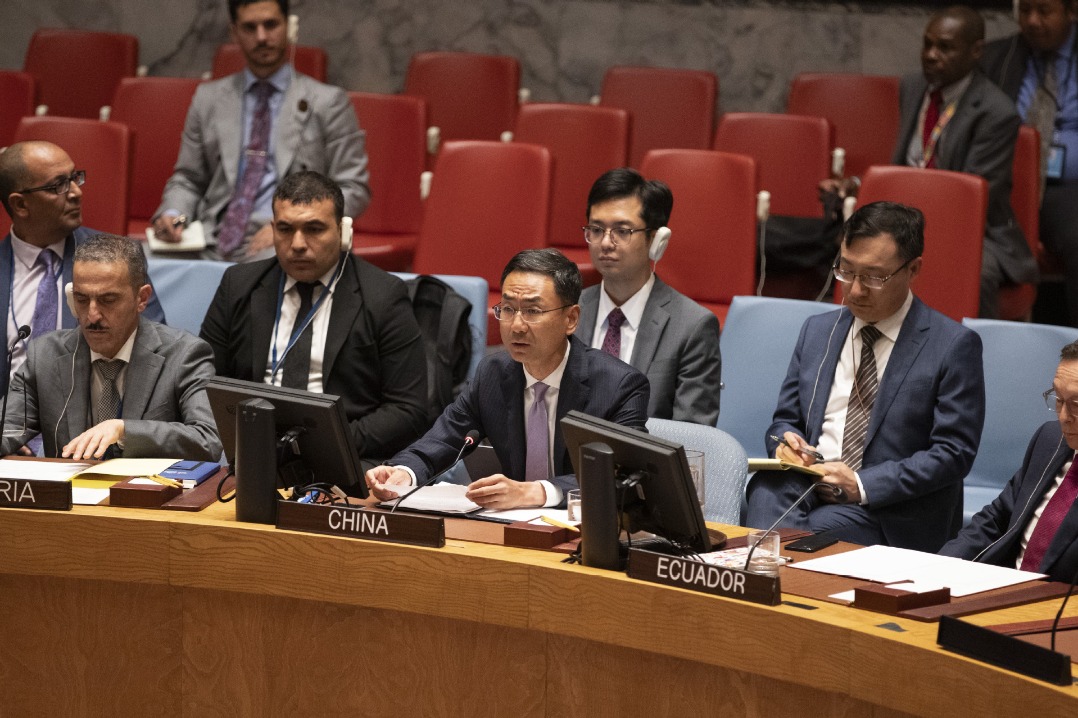
Chinese envoy urges Israel to abandon illusion of complete military victory
China Daily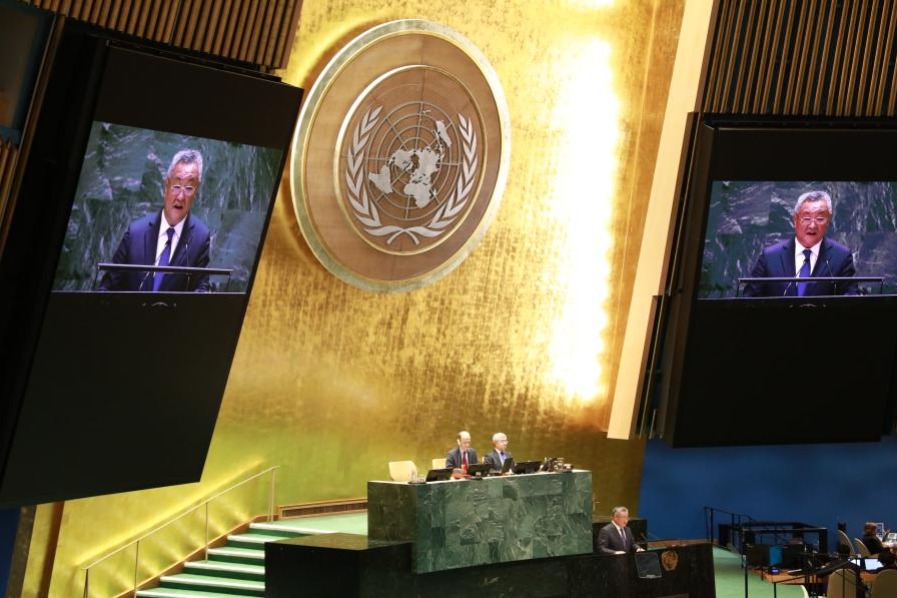
Chinese envoy urges Israel to immediately end unlawful presence in occupied Palestinian territory
China Daily
Right alternative
China Daily
Middle East turmoil calls for concerted efforts: China Daily editorial
China Daily
Worries that situation in Middle East is on the brink of spiraling out of control not unfounded: China Daily editorial
China Daily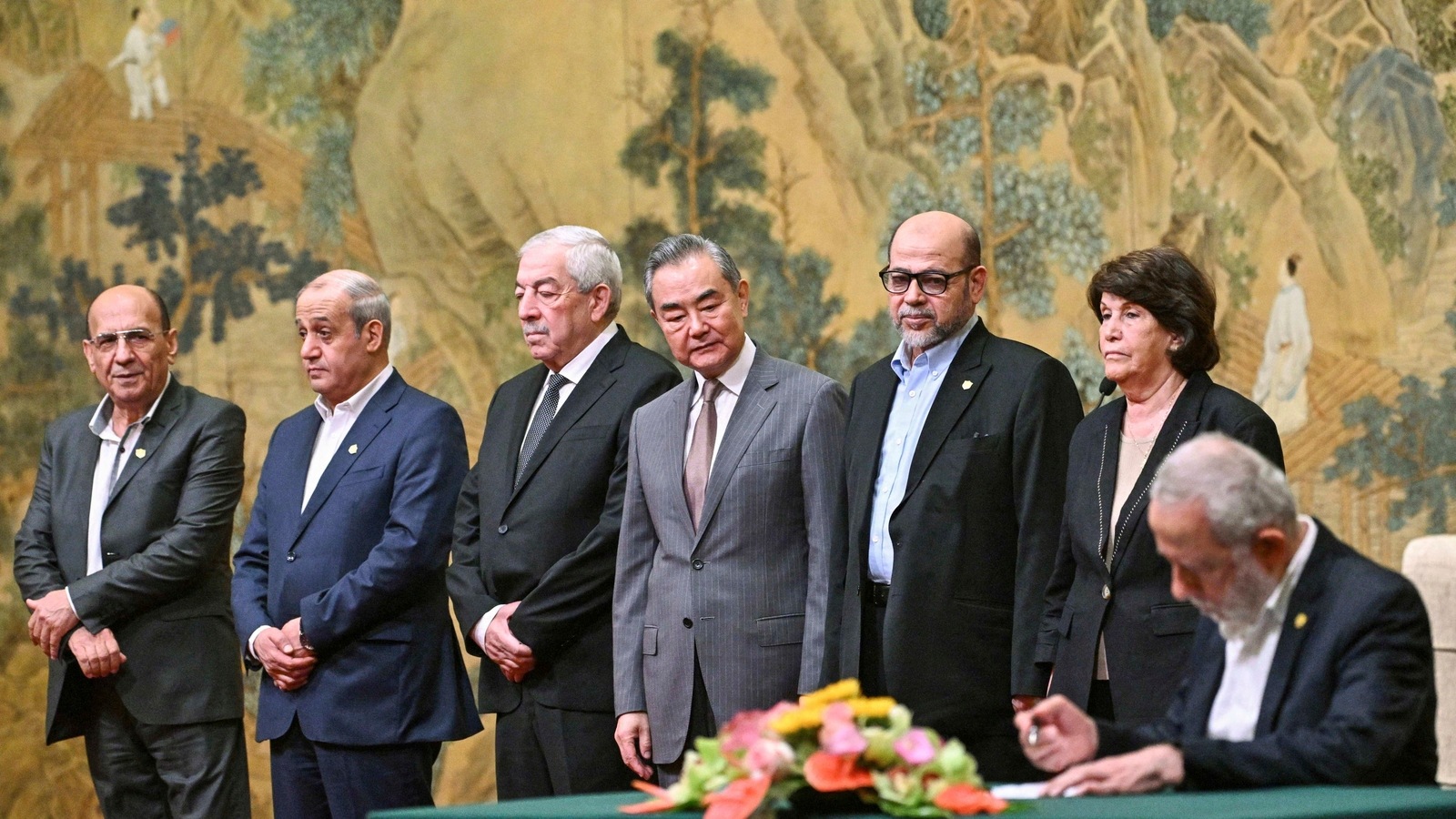
Eye on the Middle East | Between Israel, Palestine, and the US – three divergent views on conflict resolution
Hindustan TimesWith Palestinian deal and Ukrainian foreign minister’s visit, China shows its rising influence
Associated Press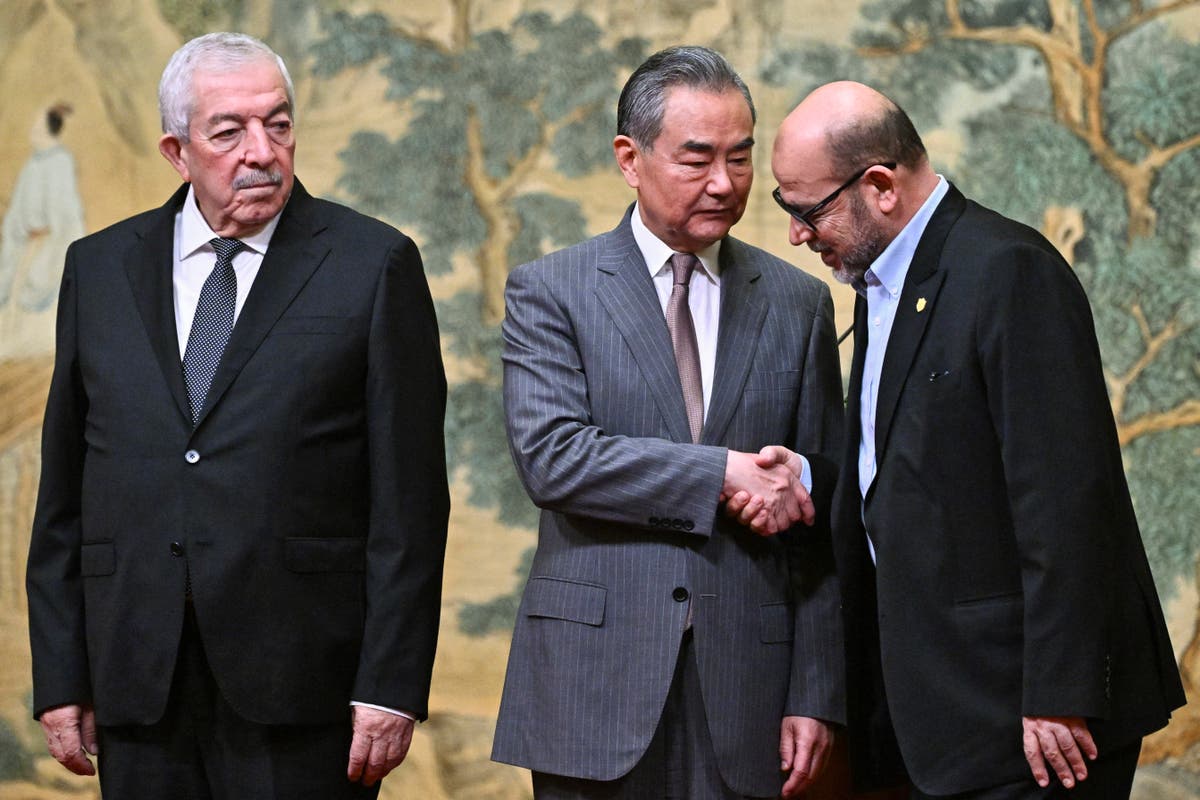
With Palestinian deal and Ukrainian foreign minister's visit, China shows its rising influence
The Independent
China heralds new dawn of hope in the Middle East
China Daily
China heralds new dawn of hope in the Middle East
China Daily
China heralds new dawn of hope in the Middle East
China Daily
China heralds new dawn of hope in the Middle East
China Daily
China heralds new dawn of hope in the Middle East
China Daily
China acting responsibly in hosting reconciliation talks: China Daily editorial
China Daily
China wants a bigger role in the Middle East. But not too big.
Live Mint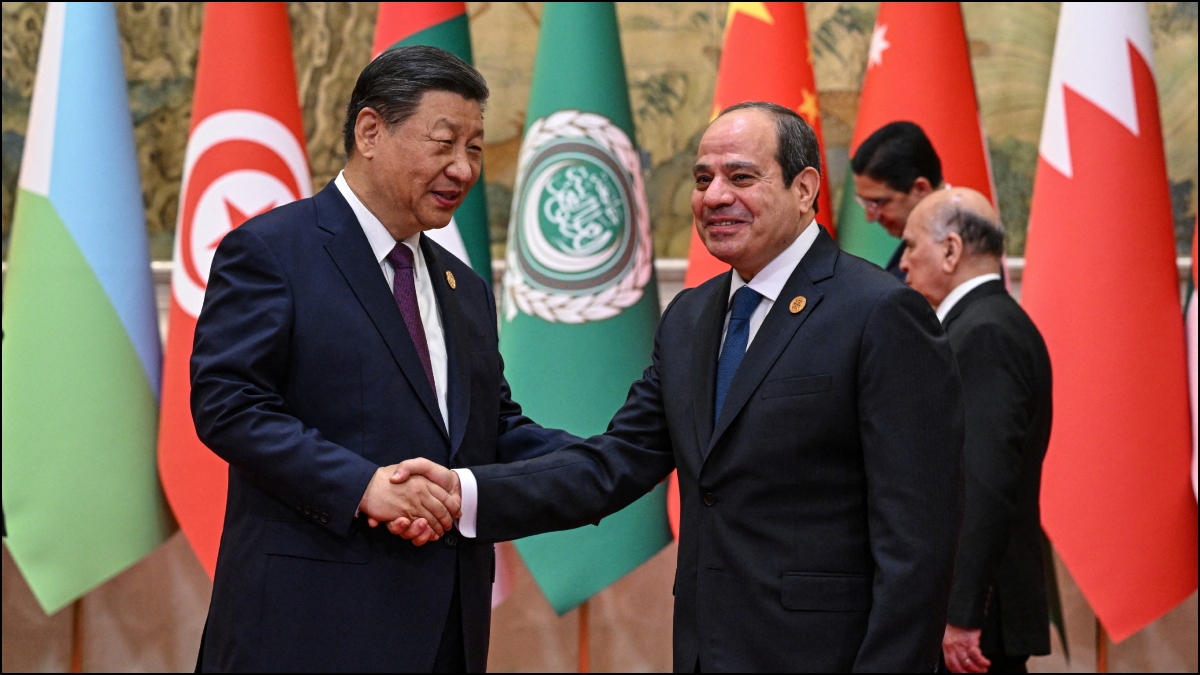
China's Xi calls for Palestinian statehood, pledges more Gaza aid in summit with Arab states
India TV News
China, Arab countries to seek end of Gaza conflict
China Daily
Won’t agree to Hamas demand to end war completely: Israel's PM Benjamin Netanyahu
Hindustan Times
US people know well what's going on: China Daily editorial
China Daily
Calming tensions in the Middle East
China Daily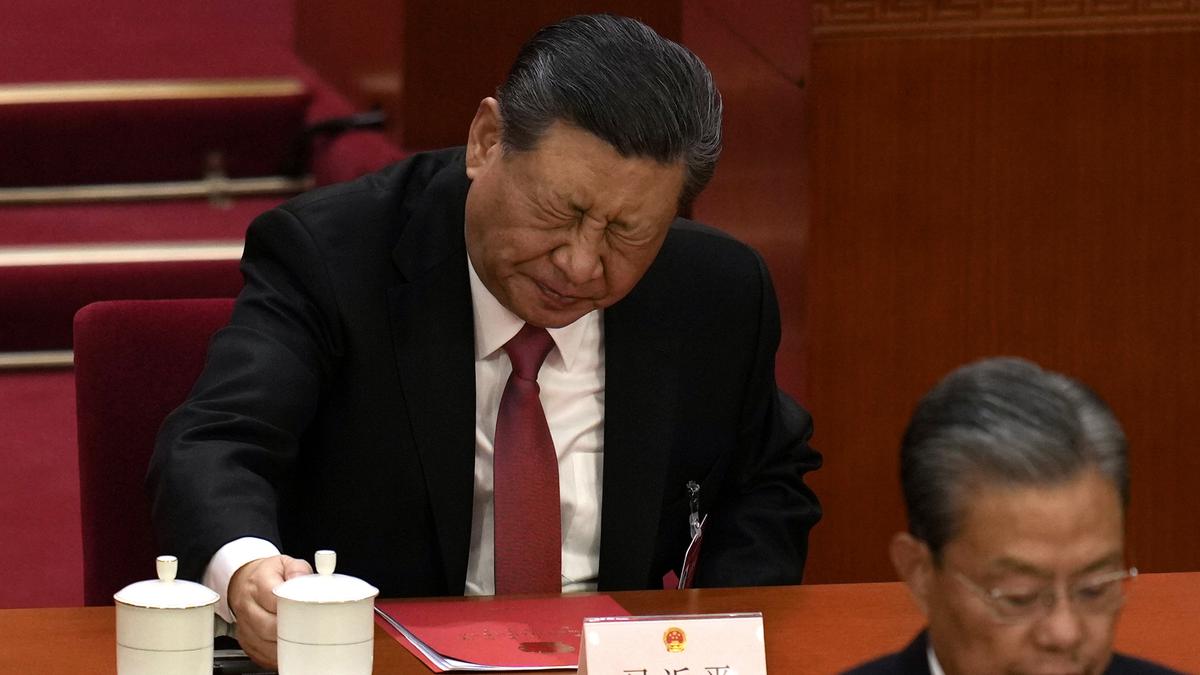
China, a ‘want-to-be’ superpower
The Hindu
China offers a better future to the world
China Daily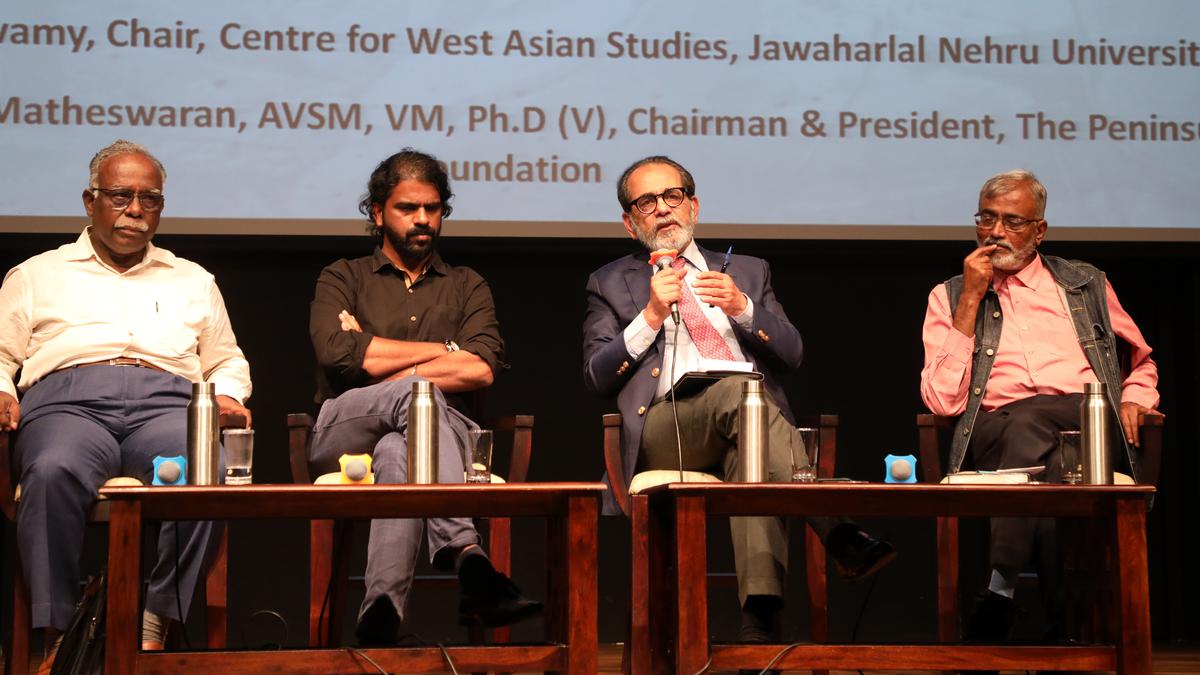
Colloquium discusses geopolitical implications of Israel-Hamas war
The Hindu
Israel, China and migration: Key takeaways from the US Republican debate
Al JazeeraTop US and Chinese diplomats agree to build on recent progress in ties
Associated Press
Israel-Hamas war: 10 major updates today
Live Mint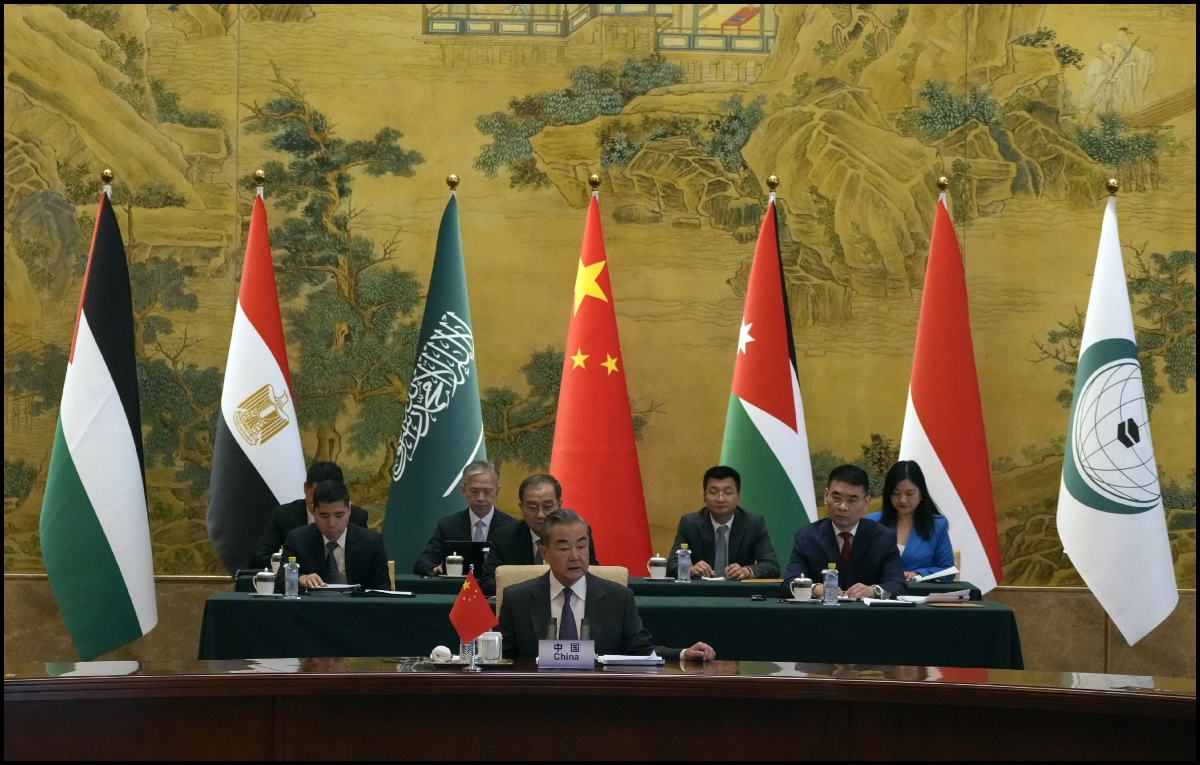
Explained | What is China's stance on Israel-Palestine conflict and what does it want?
India TV News)
Vantage | How China is using this war to deepen influence in West Asia
Firstpost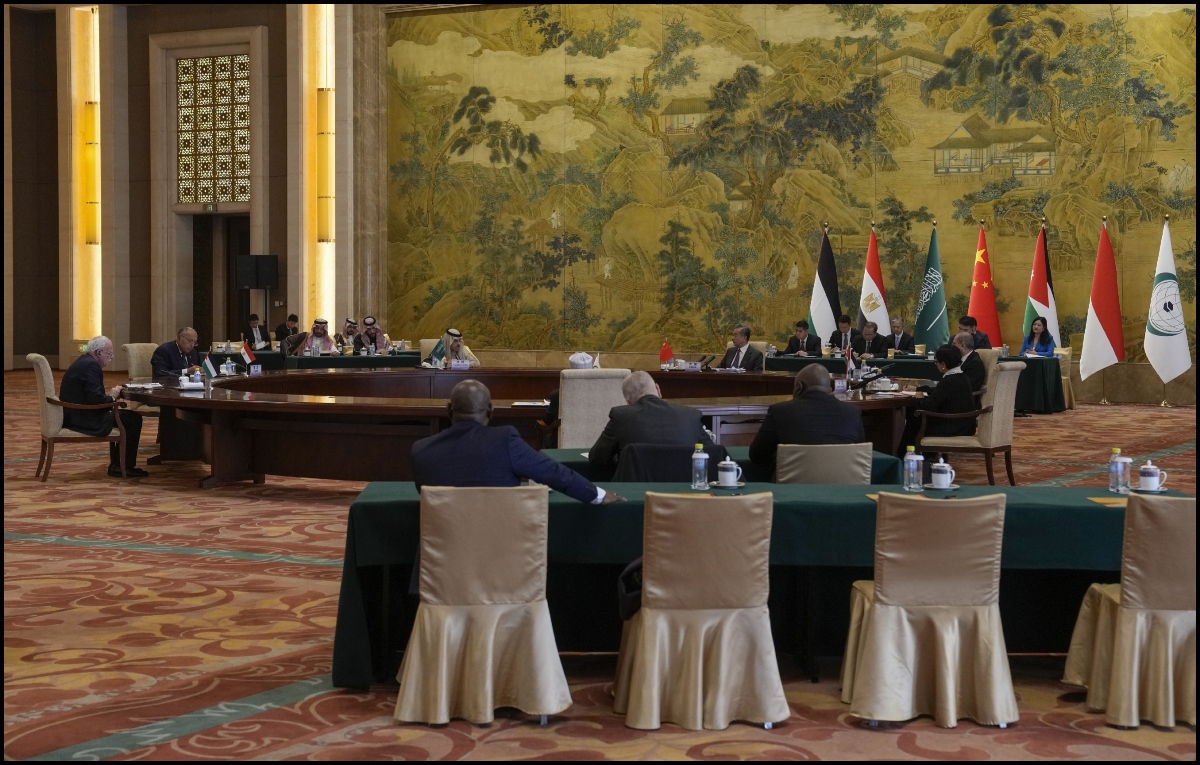
China calls for 'urgent action' in Israel-Hamas war during meeting with leaders of Arab, Muslim nations
India TV News
China welcomes Arab and Muslim foreign ministers for talks on ending the war in Gaza
The IndependentChina welcomes Arab and Muslim foreign ministers for talks on ending the war in Gaza
Associated Press
China-Middle East summit told ‘Israel seeks to end Palestinians’ presence’
Al Jazeera)
China to host top diplomats from Palestinian Authority, Muslim countries on Monday
Firstpost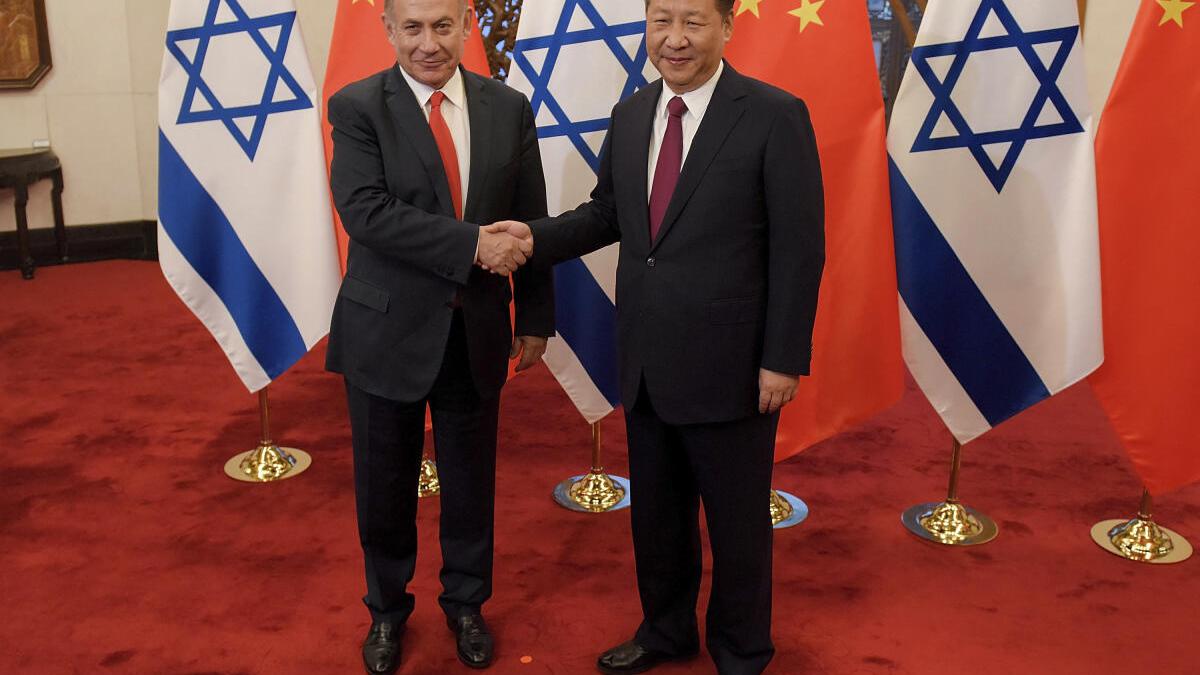
Israel-Hamas war: How is China juggling Israeli economic ties with its pro-Palestine stance
The Hindu
Biden likely to discuss Ukraine and Israel wars with Xi Jinping
Deccan Chronicle
In the Israel-Hamas war, China sees opportunity to gain ground on the U.S.
LA Times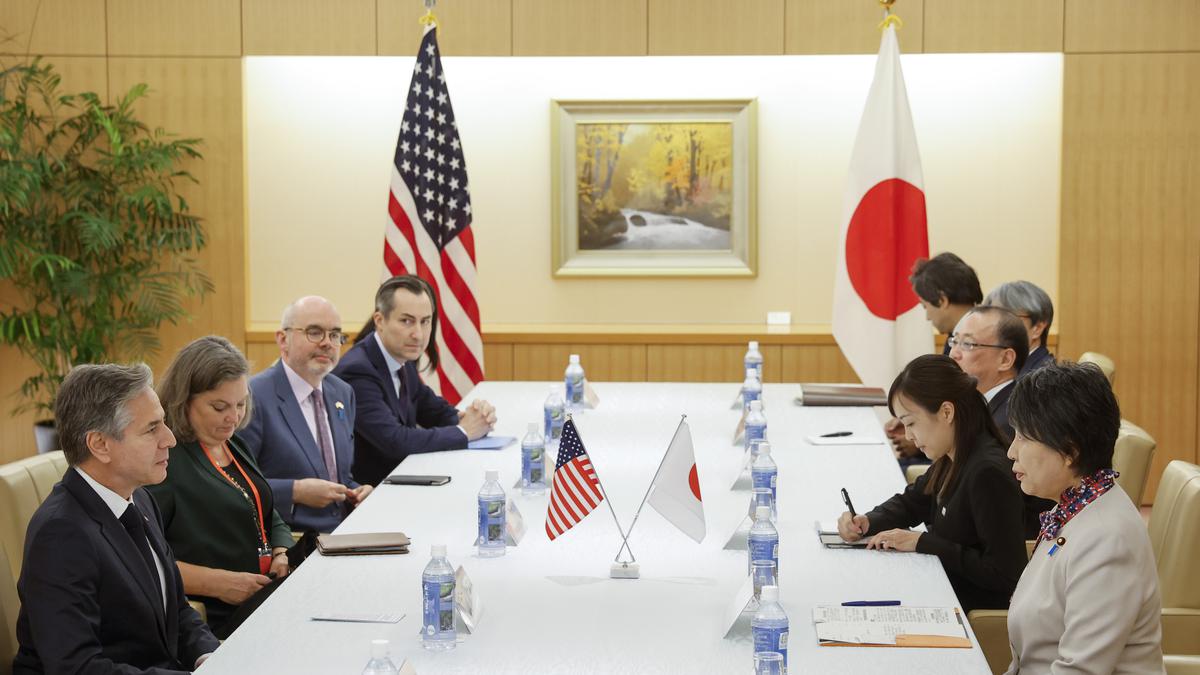
Israel-Hamas war crowds crisis-heavy global agenda as Blinken, G-7 foreign ministers meet in Japan
The Hindu
Column: China has a role in making the whole world talk about Israel
LA Times
China takes cautious approach to diplomacy over Israel-Gaza war
Al Jazeera
Will the Israel-Hamas war upend China’s Middle East ambitions?
Al Jazeera)
Beyond the Lines | A long gaze at Gaza: Can mediators restore peace?
FirstpostDiscover Related





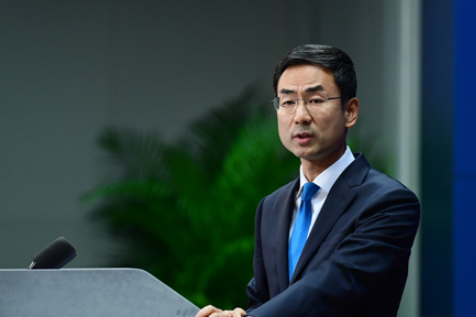
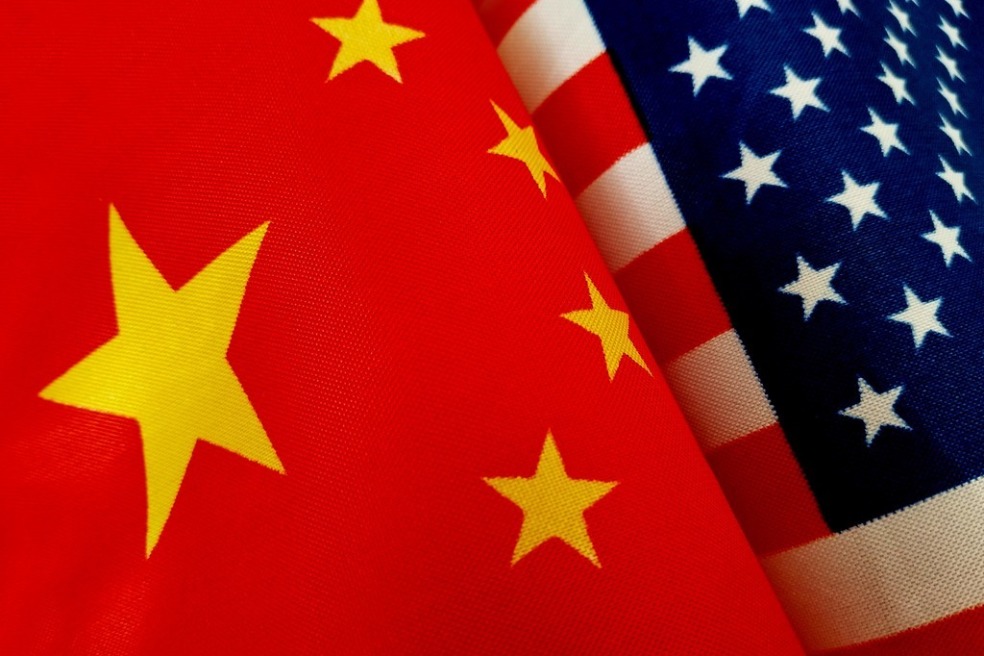

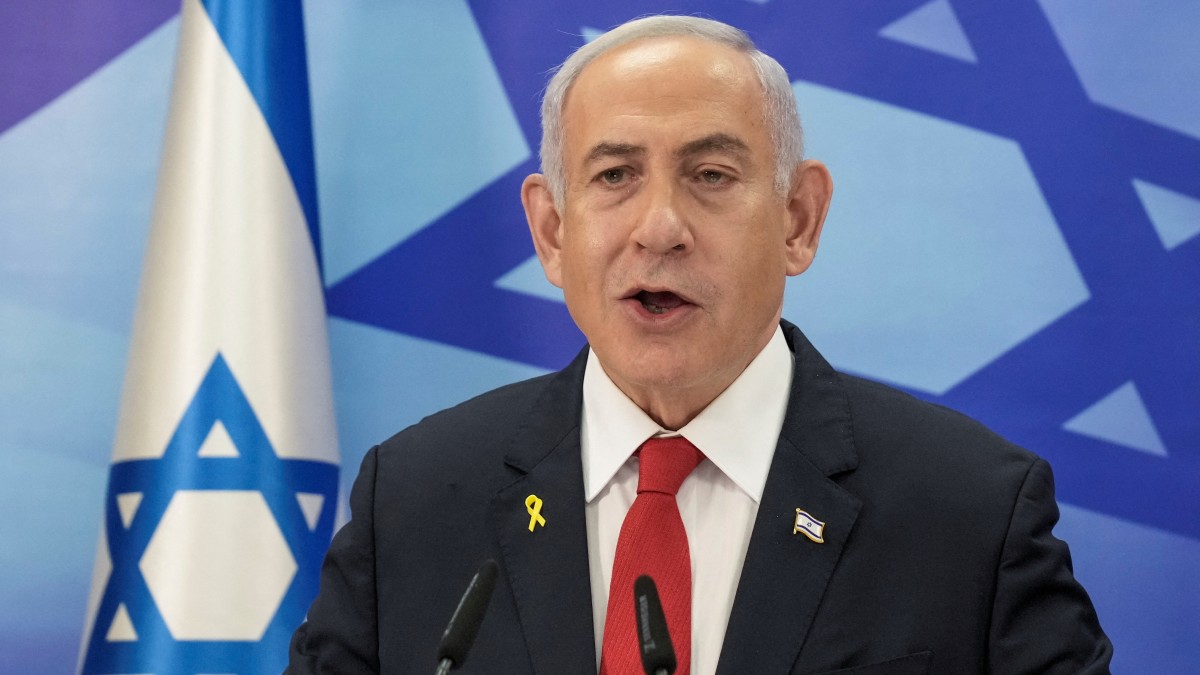)
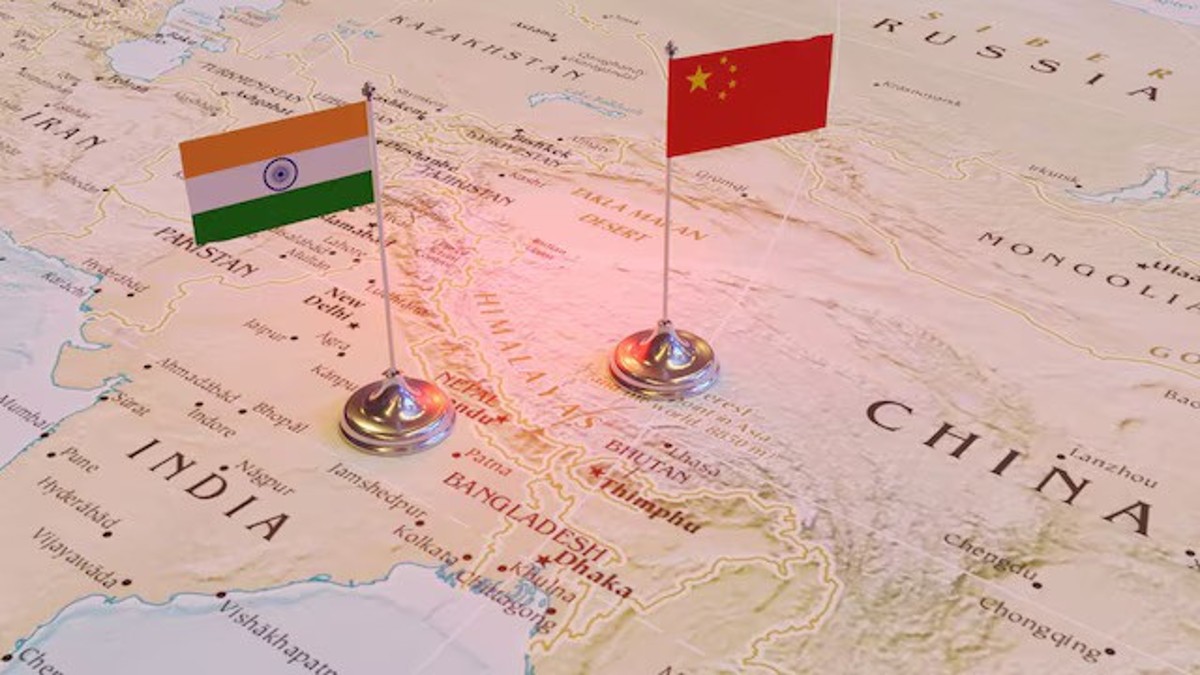)







)




)
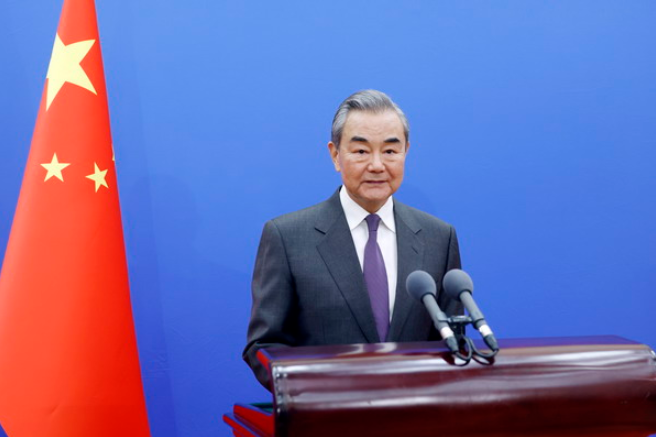
)

)
)







)



)



)


)